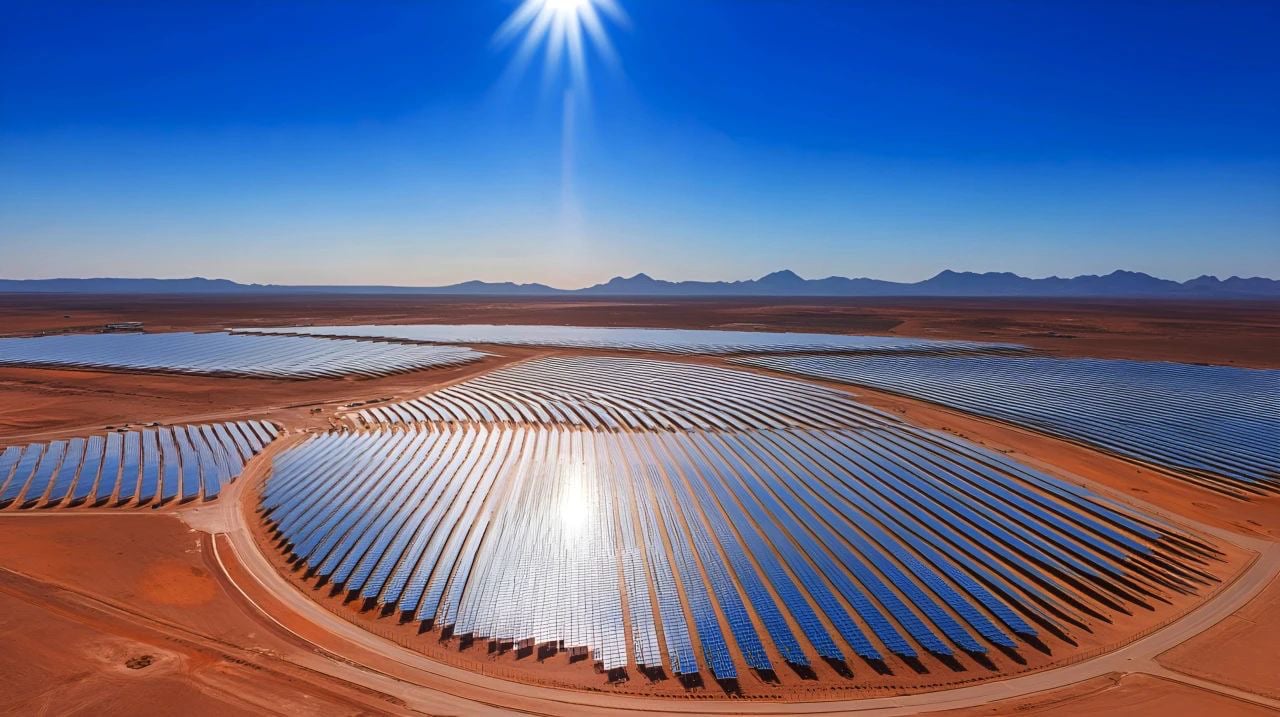Chinese PV Companies Expand into the Middle East Market: Embracing New Investment Strategies
Key Ideas
- Chinese PV companies are shifting from simply selling products to investing in building factories in the Middle East, covering the entire polysilicon-to-module PV value chain.
- Saudi Arabia and the United Arab Emirates have shown significant growth in importing Chinese PV modules, with exports exceeding 10GW from 2022 to 2023.
- Jinko Solar, along with other Chinese PV companies, is making substantial investments in the Middle East, with Jinko's joint venture in Saudi Arabia totaling approximately US$985 million for a 10GW project.
- Chinese PV companies are adopting new cooperation models like the '4-3-3,' balancing technology, raw materials, and market strategies to navigate international trade challenges and achieve global success.
Chinese PV companies, including Jinko Solar, Trina Solar, and others, are increasingly investing in the Middle East market, transitioning from product sales to establishing manufacturing facilities covering the entire PV value chain. Data from Chinese customs shows a surge in PV module exports to the Middle East, particularly to Saudi Arabia and the UAE. Chinese companies like Jinko Solar have announced major investment plans in the region, such as a US$985 million joint venture in Saudi Arabia for a 10GW project.
This shift towards the Middle East comes as Southeast Asia faces challenges with the tightening of US trade regulations. Chinese firms are now seeking more diversified global manufacturing and investment bases. Jinko Solar's move into Saudi Arabia signifies a strategic shift towards proactive production planning, aiming to export not just products but also technology, system, and talent from the region.
However, with opportunities come risks, notably the potential impact of US regulations on international operations. Despite this, Chinese PV companies are strategically expanding in the Middle East, with a focus on the United States as a key target market. The '4-3-3' cooperation model proposed by industry leaders emphasizes the importance of balancing technology, raw materials, and market dynamics in global expansion.
Jinko Solar's collaboration with Saudi partners exemplifies this model, with a structured equity distribution among technology, resource, and market stakeholders. This approach aligns with Jinko's long-term strategy of globalizing its operations, moving from sales to manufacturing and now investment on a global scale. By leveraging partnerships and a diversified strategy, Chinese PV companies aim to navigate trade challenges and establish a strong international presence.
Topics
Utilities
Technology
Investment
Manufacturing
Solar Energy
Cooperation
International Trade
Globalization
Market Strategy
Latest News
